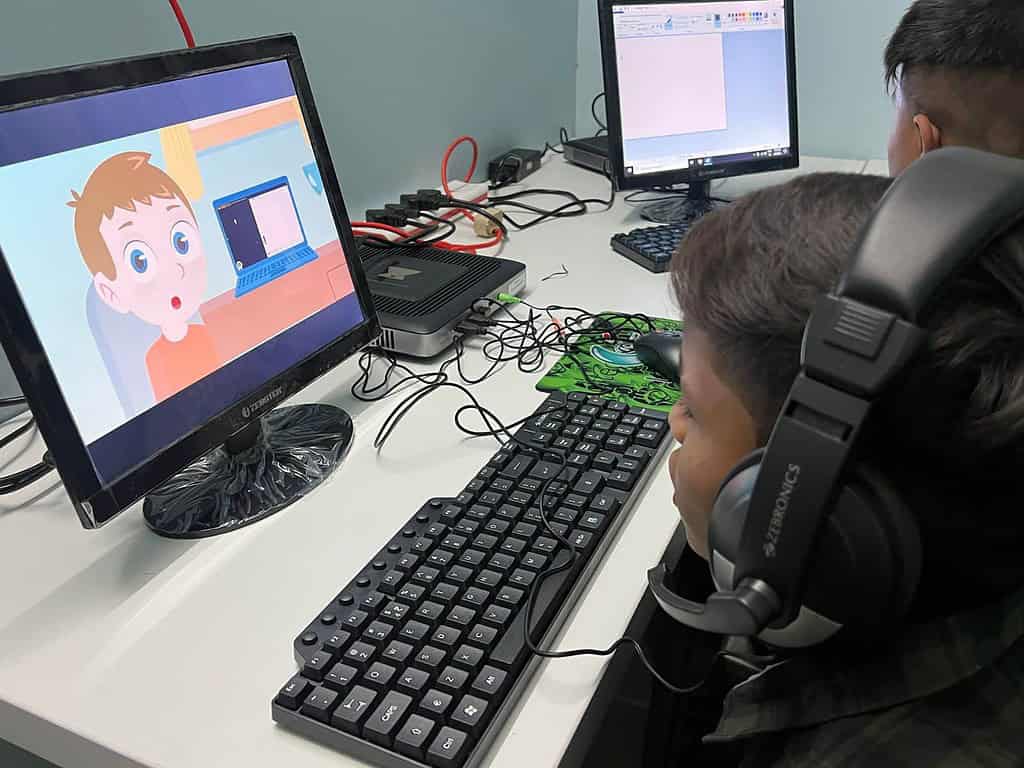
@Karnataka-Bangalore- StandUp India Foundation
In today’s rapidly changing world, the traditional paths of education are being challenged by innovative and flexible learning methods. College students, in particular, are at the forefront of this educational revolution, seeking ways to stand out in competitive job markets and adapt to the evolving demands of employers. One of the most promising approaches to modern education is self-directed learning, coupled with micro-credentials and online portfolios. This article explores how these elements can transform the educational journey of college students, equipping them with the skills and proof of learning needed for future success.
The Power of Self-Directed Learning
Self-directed learning empowers students to take control of their educational journey. Unlike traditional classroom settings, where the curriculum is predetermined, self-directed learning allows students to tailor their education according to their interests, goals, and pace. This approach fosters a sense of responsibility and independence, encouraging learners to become proactive in acquiring knowledge and skills.
Benefits of Self-Directed Learning
1. Flexibility: Students can learn at their own pace, balancing their studies with other commitments such as part-time jobs, internships, or extracurricular activities.
2. Personalization: Learning paths can be customized to align with individual career aspirations and interests, enhancing motivation and engagement.
3. Skill Acquisition: Students can focus on acquiring specific skills that are in high demand in their chosen fields, making them more competitive in the job market.
4. Critical Thinking: This approach encourages critical thinking and problem-solving skills, as students are often required to research, evaluate, and apply information independently.
Micro-Credentials: Small Achievements, Big Impact
Micro-credentials are a relatively new concept in the education sector, but they are gaining significant traction. These are bite-sized, specialized certifications that validate the mastery of specific skills or knowledge areas. Unlike traditional degrees, which can take years to complete, micro-credentials can be earned in a matter of weeks or months.
Why Micro-Credentials Matter ?
1. Relevance: Micro-credentials are often designed in collaboration with industry professionals, ensuring that the skills acquired are directly applicable to current job market needs.
2. Stackability: Students can accumulate multiple micro-credentials over time, building a comprehensive portfolio of skills that showcase their expertise.
3. Accessibility: These credentials are typically more affordable and accessible than traditional degree programs, making them an attractive option for many students.
4. Immediate Value: Earning micro-credentials can provide immediate benefits, such as enhancing a resume or opening up new job opportunities.
Building an Online Portfolio
An online portfolio is a dynamic and interactive way to document and showcase proof of learning. It serves as a digital resume, highlighting a student’s achievements, skills, projects, and micro-credentials. For college students, an online portfolio can be a game-changer, offering a tangible way to demonstrate their capabilities to potential employers or graduate schools.
Creating an Effective Online Portfolio
1. Platform Choice: Select a user-friendly platform that allows for easy updates and customization. Popular options include WordPress, Wix, and LinkedIn.
2. Content: Include a mix of written content, multimedia elements, and project samples that reflect your skills and experiences. Highlight any micro-credentials earned and provide context for each one.
3. Organization: Structure your portfolio in a clear and logical manner, making it easy for visitors to navigate and find relevant information.
4. Professionalism: Maintain a professional tone and aesthetic throughout your portfolio. Proofread content for errors and ensure that all links and multimedia elements function correctly.
5. Updates: Regularly update your portfolio to reflect new achievements, projects, and skills acquired. An outdated portfolio can give a negative impression.
The landscape of education is evolving, and college students need to adapt to stay ahead. Self-directed learning, micro-credentials, and online portfolios offer a modern and effective approach to education, equipping students with the skills and proof of learning needed to thrive in the 21st-century job market. At Teach to Earn, we are committed to supporting students on this journey, providing the tools and resources they need to succeed. Embrace the future of learning with us and take control of your educational journey today.
Start your micro-certification journey with our subsidized PC at just a cost of 10k and join the Teach to Earn movement. For more information on our programs and how we can help you achieve your educational and career goals, you can contact us at contact.teachtoearn@gmail.com or by WhatsApp at +91 96195 60690.
